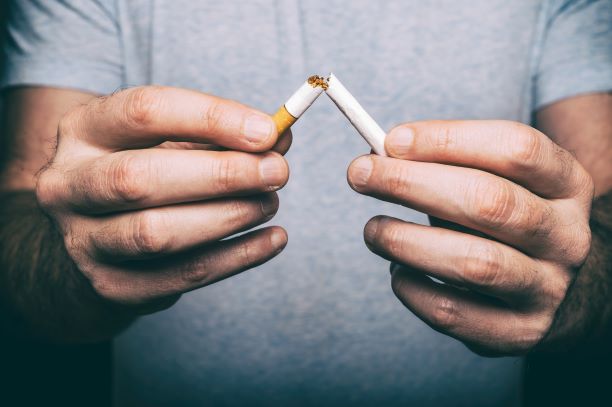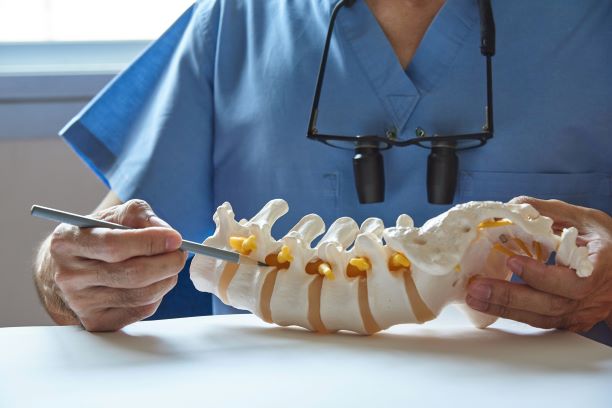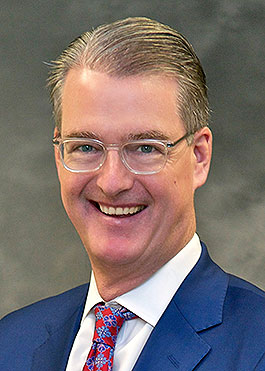
Nicotine can destroy the spine. I’ll say it again – nicotine can destroy the spine. Although the spine is low on the list of things at risk with continued smoking or nicotine consumption, it is at the top of my list. Most physicians will warn about heart disease, stroke and lung cancer from smoking, but I am a brain and spine surgeon. As a neurosurgeon, I have treated patients with disorders of the neck and low back for over 25 years. Over those years and after thousands of patients, I have come to experience the incredibly destructive effects of nicotine on the spine. One of the primary responsibilities of a physician is to teach, so here we go.
The spine is composed of vertebral bodies that are shaped like building blocks. They are stacked on top of each other from the neck (cervical spine) to the mid back (thoracic spine) and finally the low back (lumbar spine). In between each set of vertebral bodies is a disk. While the bones get all of the attention, it is actually the disks that make the spine work. Each disk acts as a shock absorber that also allows complex bending and twisting motions. The disk is a living and complex structure. The center of each disk is called the nucleus and is made of specialized molecules that bind water molecules. This gives each disk its sponginess, which is required to be an effective shock absorber. The outer lining of the disk is called the annulus. The annulus is a complex multilayered woven structure made of strong connective tissue (think steel belted radial tire). The annulus gives structure and support to the soft annulus in the center of the disk.
I know, you are thinking this is a great anatomy lesson, but what does it have to do with nicotine and smoking? The center of the disk is fed by the heart and vascular system. It requires oxygen and nutrients to repair the small damages that occur with our daily activities.
When the system works, the small damages heal themselves to keep things functioning normally. Nicotine is incredibly effective at constricting blood vessels. Smokers can also have less oxygen in their blood as a result of effects on the efficiency of the lungs. These effects combine to reduce the amount of oxygen and nutrients that the center of the disk (nucleus) can receive.
Think supply chain disruption. With a relative lack of nutrients and oxygen, the nucleus begins to fall behind on the repairs that are needed to keep things working normally. As a result, those specialized molecules that hold water begin to irreversibly break down. If this process continues, the nucleus essentially dries out and becomes a bad shock absorber.
 The entire spine relies on the effective shock-absorbing function of the disks. If they fail, the lining of the disks (annulus) can fail, causing disk herniations. The joints behind the spine can grow larger because they are being forced to fill some of the roles normally carried out by the disks. When these joints grow larger, they begin encroaching on the many nerves that pass through the spine on the way to the arms and legs. This is known as spinal stenosis. These nerves can react to compression with pain, numbness, and even muscle weakness. Not a pretty picture. In addition to these effects, damaged disks can cause inescapable back pain. This prevents patients from working and pursuing leisure activities, causing a decline in quality of life, reduced income, and even depression. To treat this pain, a person will typically undergo therapy, spinal steroid injections, and even surgery. They may also be treated with narcotics. Sadly, this can lead to opioid addiction and further damage to a person’s quality of life.
The entire spine relies on the effective shock-absorbing function of the disks. If they fail, the lining of the disks (annulus) can fail, causing disk herniations. The joints behind the spine can grow larger because they are being forced to fill some of the roles normally carried out by the disks. When these joints grow larger, they begin encroaching on the many nerves that pass through the spine on the way to the arms and legs. This is known as spinal stenosis. These nerves can react to compression with pain, numbness, and even muscle weakness. Not a pretty picture. In addition to these effects, damaged disks can cause inescapable back pain. This prevents patients from working and pursuing leisure activities, causing a decline in quality of life, reduced income, and even depression. To treat this pain, a person will typically undergo therapy, spinal steroid injections, and even surgery. They may also be treated with narcotics. Sadly, this can lead to opioid addiction and further damage to a person’s quality of life.
The health of the spine is determined by our genetics, body size and weight, occupation, history of injuries, and the use of nicotine over years. Of the modifiable risk factors, the elimination of nicotine is at the top of my list when I speak with patients. I hate seeing people in pain and I would like to see more people take control of their health and kick the habit. If you do use nicotine, think not just of the risk to your heart and lungs, think of the structure that allows you to be upright and move through your day. Quit for the sake of your spine!

